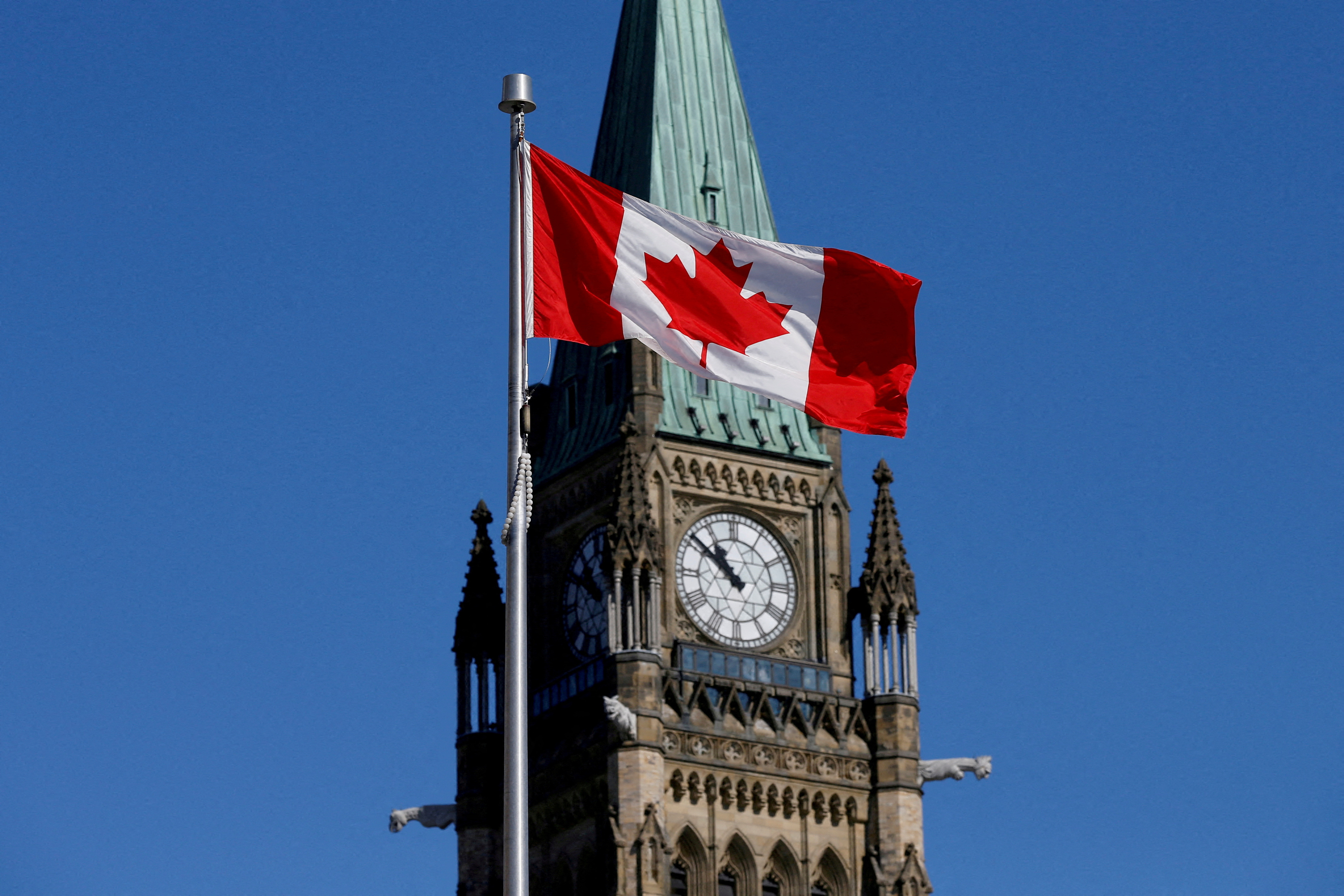[ad_1]

Canadian flag flies in front of the Peace Tower on Parliament Hill in Ottawa, Ontario, Canada, March 22, 2017. REUTERS/Chris Wattie/File Photo Acquire Licensing Rights
NEW DELHI, Sept 22 (Reuters) – Indian Potash does not expect supplies of Canadian potash to be affected by the diplomatic row between the India and Canada, its managing director said on Friday, and hopes to extend a contract with Canadian supplier Canpotex beyond the end of September.
India is a leading fertiliser importer to support its vast agriculture sector, which employs about half of its 1.4 billion people and accounts for nearly 15% of its $3 trillion economy.
Canada is one of the key suppliers of potash to India and Indian companies last year signed a memorandum of understanding with Canpotex to buy up to 1.5 million metric tons of potash a year for 3 years, starting from 2023.
In April, Canpotex said it had agreed a supply contract with Indian Potash for shipments through Sept. 30.
“We don’t expect any impact on our potash imports from Canada. Canpotex’s deals with Indian companies are commercial contracts. So far, it is a business as usual for us,” Indian Potash Ltd Managing Director P.S. Gahlaut told Reuters.
“(The) Canadians have already signalled their willingness to extend the contract regardless of political upheavals,” he said.
Reuters was not immediately able to contact Canpotex out of normal working hours.
Ties between India and Canada deteriorated sharply after New Delhi and Ottawa expelled one of the other’s diplomats in a dispute over the murder of a Sikh separatist leader in the Canadian province of British Columbia in June.
This has raised concerns over supplies of Canadian potash, a source of potassium used directly by farmers as well as in combination with other nutrients such as nitrogen and phosphate.
India depends entirely on imports to meet its annual need for about 4 million metric tons of muriate of potash (MOP), the government said in a statement last year.
Apart from Canada, India also buys the soil nutrient from Belarus, Russia, Israel and Jordan.
Indian companies have imported about 550,000 tonnes of potash between April and September this year, about the same as last year in the same period, Gahlaut said.
Reporting by Nidhi Verma; Editing by Alexander Smith
Our Standards: The Thomson Reuters Trust Principles.
[ad_2]
Source link
